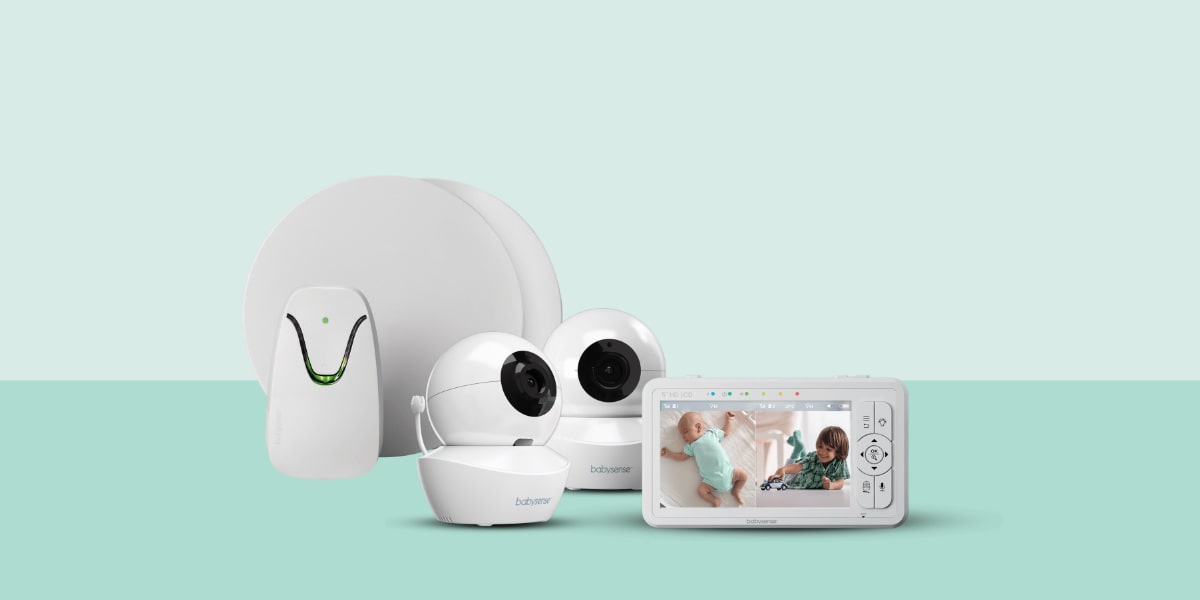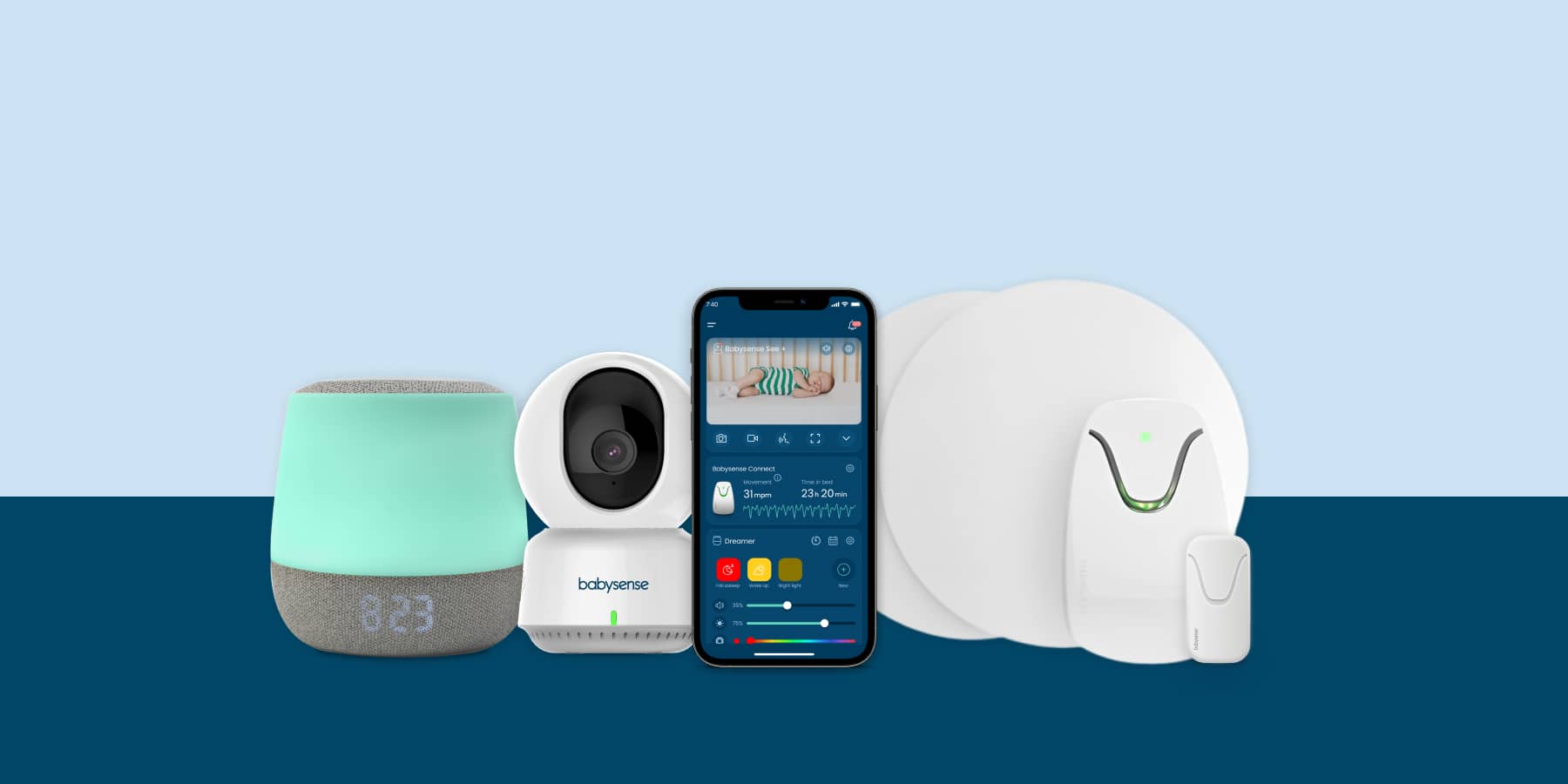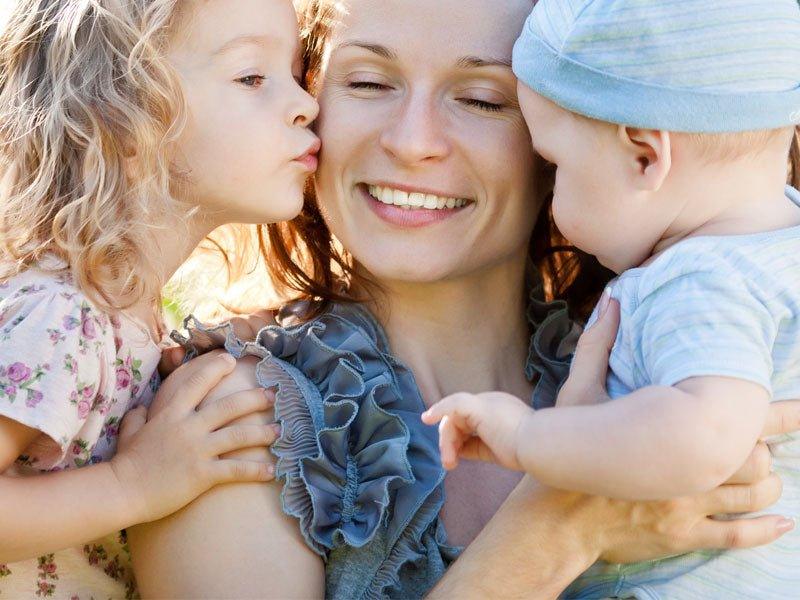It is empowering for parents to have an idea of what play activities they can incorporate into their daily routines to interact with their baby. Activities that stimulate their vision, hearing, touch and movement, all help them make sense of their world and move towards it. It is important to spend time watching what your baby is doing and what he/she takes an interest in, and then repeating it, providing more of the same.
It is in our daily interactions with a loving, consistent caregiver that baby receives the most valuable input. Nurturing daily routines of feeding, bathing, dressing and nappy changing, provide wonderful opportunities for playful interaction. Finding time to be with your babies, to watch them, and to have fun together, is the key to stimulating their development. Remember, YOU are your baby’s first and most important play-mate and play-object.
Baby clinics, family or friend groups, and mother-baby workshops are also very beneficial in our learning as parents. Groups give support and sharing as well as help parents understand their babies’ behaviours, stages of development and what activities are best for stimulating sensory and motor development.
Here is a guideline of your baby’s development in the first year of life. Having an idea of what your baby is beginning to learn at each stage, gives you an idea of what you can do to encourage their newly emerging skills.
- At this stage babies are becoming really clever, as they begin to organise all the information from people and the environment, and make logical connections between things. They are learning new concepts daily, and ways to solve problems.
- They begin to understand what they see, hear, touch and feel and the world really does take on meaning.
- Becoming mobile means they can go and explore and discover for themselves. This provides a greater variety of new experiences that enhance learning and confidence. There is a growing desire for independence and babies need to be given this space to practice separating from and returning to their caregiver.
- Sitting balance improves and babies learn to move in and out of sitting. They start to get around by crawling, pulling to stand and walking while holding onto furniture. By the end of this stage, they may be able to stand alone, walk with one hand held or take a few steps on their own.
- Play is the most important thing at this stage in a baby’s life. They enjoy repetition, and like to practice things over and over again. Babies learn to point, poke and pick up small objects with a refined pincer grip. Taking things out of containers and putting them back in, and putting things together become strong favourites. As they learn to let go with control, they begin to stack blocks or place rings on a stick. They use two hands together to pass objects from hand to hand and clap hands.
- Babies begin to understand simple requests and take turns interacting with you, which makes games such fun. They respond to requests such as ‘Wave bye-bye’, or ‘Give it to me’. They begin to communicate by gestures and pointing, developing their own jargon and word approximations, and start to imitate sounds. At the end of this stage, they may say one or two words with meaning e.g. ‘Mama’ or ‘Dada’.
- Babies become capable of sharing feelings and can express love, disappointment, fear, anger and frustration.
- Object Permanence is well developed and babies are confident in searching for hidden objects. Having the ability to move to find a hidden toy provides much entertainment and a sense of self.
- This is a time for exploration and self-discovery. Babies develop a growing independence and a sense of what they are capable of in order to make an impact of the world. They are beginning of problem solve together with others to achieve a goal.








